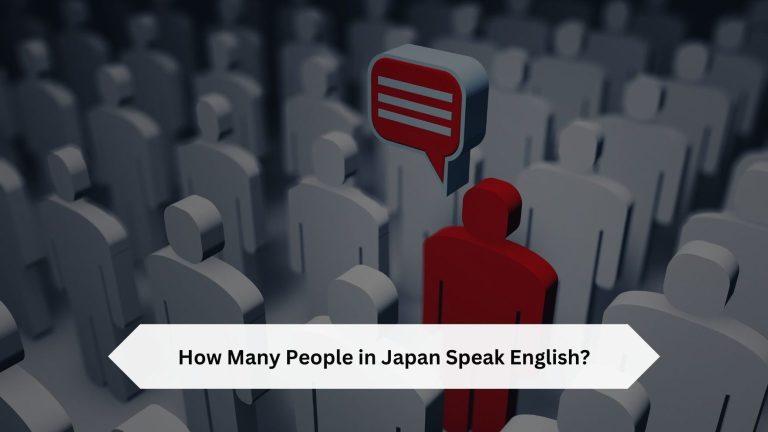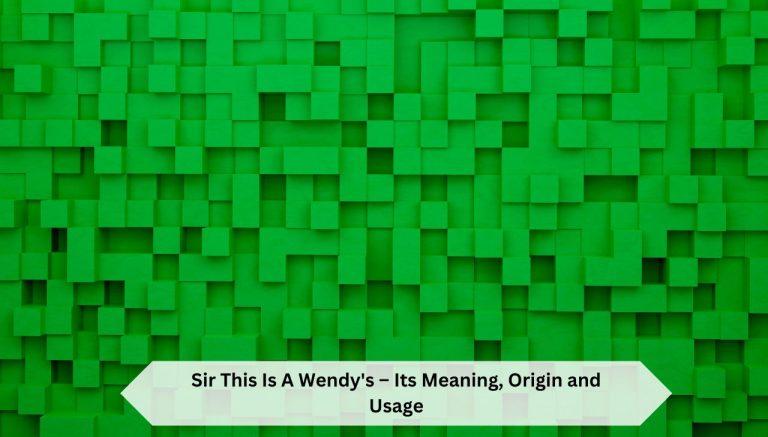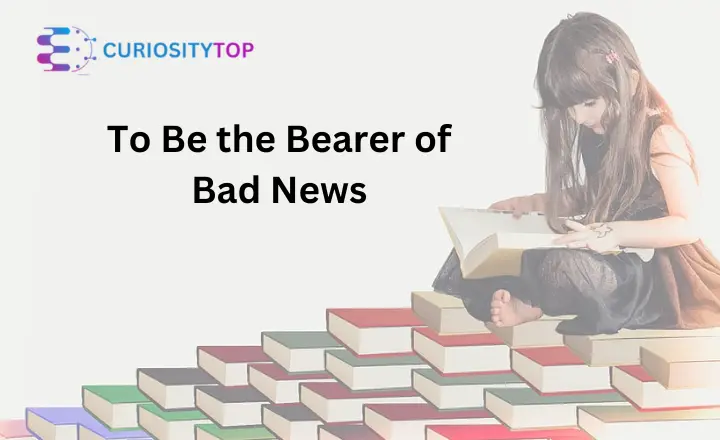Is “Good Luck with Your Future Endeavors” the Best Goodbye?
Good luck with your future endeavors. It’s a phrase we’ve all heard or used at some point. Whether bidding farewell to a coworker, congratulating a graduate, or parting ways with a friend embarking on a new adventure, these words often find their way into our goodbyes.
But have you ever stopped to consider if it’s truly the best way to express your well wishes? Is it too formal, too impersonal, or just right?
Finding the right words to say goodbye can be challenging as we navigate the complexities of professional and personal relationships. “Good luck with your future endeavors” carries a weight of expectation and hope, neatly packaged in a single sentence.
But does it fit every situation? Is there more to saying goodbye than wishing someone luck? At the end of this article, you’ll understand when and how to use this farewell and when you might want to choose a different approach.
Understanding the Phrase “Good Luck with Your Future Endeavors”

At its core, “Good luck with your future endeavors” is a condensed expression of hope for someone’s success in their upcoming pursuits. It’s a versatile phrase that finds its home in professional settings, serving as a standard farewell when someone is moving on to new opportunities.
Let’s break it down:
- “Good luck” A wish for fortune and success
- “Future” Acknowledging the unknown path ahead
- “Endeavors” Recognizing the effort and challenges that lie ahead
While appearing straightforward, this expression carries significant weight. It conveys, “I wish you success in your upcoming endeavors.” The charm of such phrases lies in their versatility. Similar examples include “Have a Nice Evening,” “Have a Great Night,” or “Have a Great Week.” These adaptable well-wishes can be applied to various situations, offering encouragement and positivity to others as they move forward with their plans or activities.
Whether the person is starting a new job, launching a business, or pursuing further education, “good luck in your future endeavors” fits the bill.
It’s important to note that this phrase leans towards formality. It’s more commonly used professionally than casual farewells among close friends or family.
When and How to Use “Good Luck with Your Future Endeavors” in Professional Communication

Knowing when and how to use “good luck in your future endeavors” can make all the difference in your professional relationships. Here are some scenarios where this phrase shines:
- A colleague leaving the company: When a coworker moves on to a new job, this phrase expresses support without prying into their plans.
- Graduation ceremonies: As students embark on their careers, “good luck in your future endeavors” acknowledges the exciting but uncertain path ahead.
- End of a project or contract: This phrase offers a professional and positive closure when parting ways with temporary team members or clients.
- Retirement farewells: For those stepping into a new phase of life, this expression conveys best wishes for whatever comes next.
Context is critical. While this phrase works well in formal emails or speeches, it might feel too stiff in a one-on-one conversation with a close colleague. In such cases, you might opt for a more personal touch.
The Etiquette Behind Wishing Someone “Good Luck with Your Future Endeavors”

Using “good luck with your future endeavors” is more than just stringing words together. It’s about striking the right balance between professionalism and genuine well-wishing. Here’s how to nail the etiquette:
- Timing is everything: Use this phrase as a final send-off, not an opening to a more extended conversation.
- Tone matters: Deliver it with warmth and sincerity. A robotic recitation can make it feel insincere.
- Pair it with action: Accompany your words with a handshake, a smile, or even a letter of recommendation.
- Respect privacy: This phrase is perfect when unsure about someone’s plans. It wishes them well without asking for details they might not want to share.
Following these etiquette tips ensures that your “good luck in your future endeavors” is received just right and leaves a positive last impression.
Exploring the Nuances of Minor Sentences in Wishes and Farewells
From a linguistic perspective, “Good luck with your future endeavors” falls into minor sentences. These phrases lack a traditional subject-verb structure but still convey a complete thought. In farewell contexts, minor sentences like this one are common and effective.
Why do they work so well?
- Efficiency: They convey meaning quickly and clearly.
- Emotional impact: Despite their brevity, they can carry significant emotional weight.
- Universality: They’re easily understood across various cultures and languages.
Understanding this linguistic aspect can help you appreciate why “good luck with your future endeavors” feels complete and appropriate as a farewell despite not being a full sentence in the traditional sense.
Alternatives to “Good Luck with Your Future Endeavors”
While “good luck with your future endeavors” is a solid choice, variety is the spice of life. Here are some alternatives that might better fit certain situations:
- “Wishing you all the best in your next chapter”
- “May success follow you in all your future pursuits”
- “Here’s to new beginnings and bright horizons.”
- “Excited to see where your path takes you next”
- “Godspeed in all your future adventures.”
Each of these alternatives carries a similar sentiment but a slightly different flavor. Choose the one that best matches your relationship with the person and the specific situation.
Responding to “Good Luck with Your Future Endeavors”
What if you’re on the receiving end of this farewell? Here’s how to respond graciously:
- Express gratitude: A simple “Thank you, I appreciate your kind words” goes a long way.
- Reciprocate if appropriate: If you’re both moving on, wish them luck.
- Share your excitement: Briefly mention your enthusiasm for what’s ahead without going into too much detail.
- Acknowledge the past: A quick nod to shared experiences can add a personal touch.
Your response should match the tone of the initial farewell. If they kept it formal, maintain that formality in your reply.
The Impact of “Good Luck with Your Future Endeavors” in Different Cultures

While “good luck with your future endeavors” is widely used in English-speaking professional environments, its reception can vary across cultures. In some contexts, it might be seen as too formal or impersonal. In others, it could be the perfect level of polite detachment.
For instance:
- In American culture, this phrase is generally well-received in professional settings.
- In Japanese business culture, a more specific acknowledgment of the person’s contributions might be preferred.
- In Mediterranean cultures, a warmer, more personal farewell might be expected, even in professional contexts.
Consider your audience and adapt accordingly when using this phrase in a multicultural environment. A minor cultural sensitivity goes a long way in ensuring your farewell is well-received.
Conclusion
“Good luck with your future endeavors” is more than just a phrase; it’s a tool in your professional communication toolkit. When used thoughtfully, it conveys respect, well-wishes, and a touch of formality that’s often appropriate in business settings. Like any tool, its effectiveness depends on how and when you use it.
The best farewells feel genuine and appropriate to the situation. Whether you choose to use “good luck with your future endeavors” or opt for an alternative, what matters most is the sincerity behind your words. As you navigate the world of professional goodbyes, let your authentic well-wishes shine through, no matter which phrase you choose to express them.
FAQs
Is it okay to say, “Good luck with your future endeavors”??
Yes, wishing someone successful in their plans is a polite and encouraging phrase.
How do you wish someone for future endeavors?
You can say: “Good luck with your future endeavors,” “Best wishes for your future,” “May all your dreams come true,” or “I wish you all the best.”
What’s a better saying than “Good luck in your future endeavors”?
Some alternative phrases include: “May your future be filled with joy and success,” “I’m rooting for you,” or “All the best for your journey ahead.”
Does “best of luck” mean goodbye?
Not necessarily. While it can be used as a parting phrase, it’s primarily used to wish someone success in their future endeavors.






